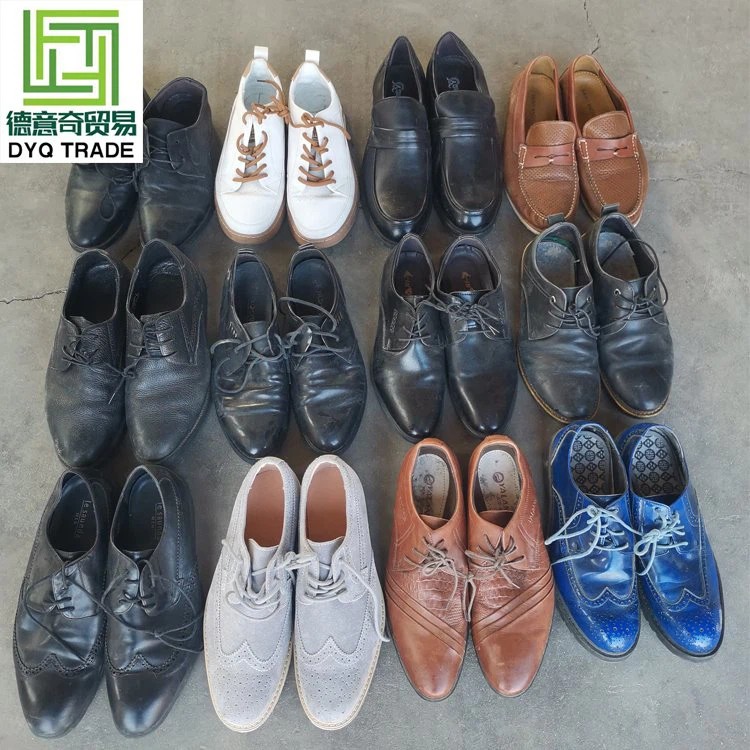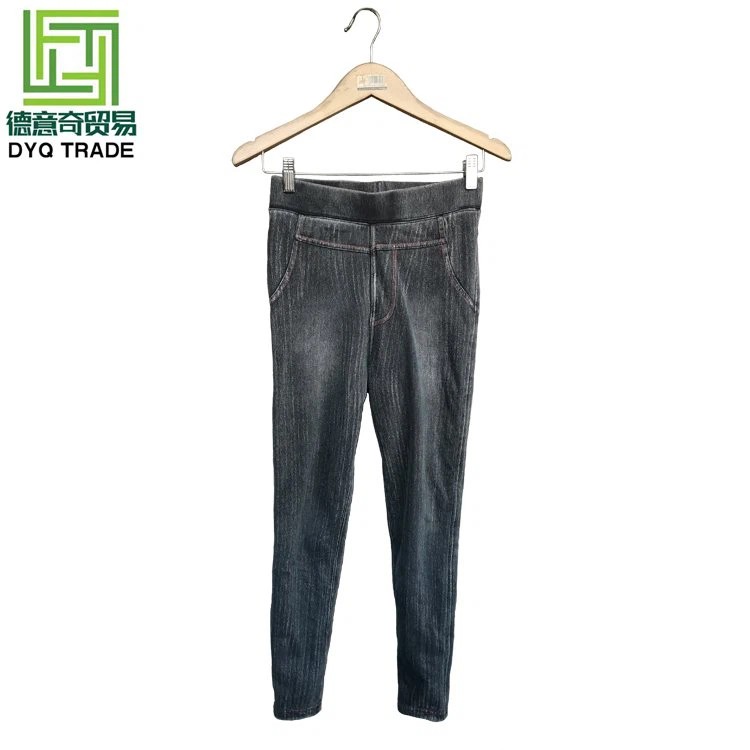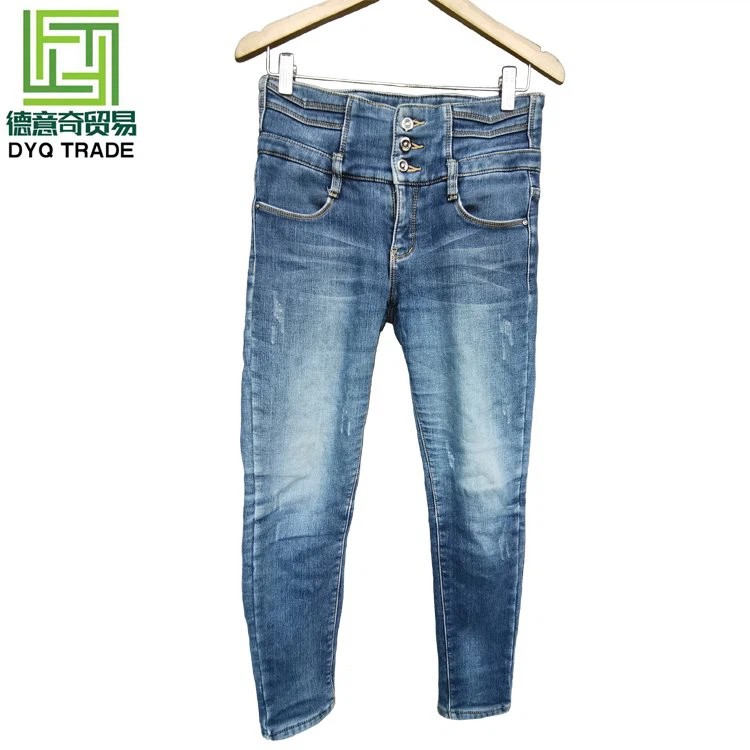As the world's largest second-hand clothing retailer, ThredUp noticed the business opportunities in second-hand clothing trading as early as 2009, and solved the problem of sellers' resale process by changing the business model of traditional resale platforms. With the scale of second-hand clothing transactions reaching new heights during the epidemic, ThredUp's business model has become more and more recognized by the market. After going public in March this year, ThredUp's stock price rose rapidly, and its market value rose to $2.8 billion at one point. In the following three months, ThredUp's sales still maintained a rapid growth of 26.7%.
In contrast, in China, the prosperity of the second-hand clothing market is still affected by many factors. First of all, the formation of second-hand clothing trading audience should be the first. In the consciousness of most people, second-hand clothing is still linked to "old style", "substandard quality and hygiene", and "foreign garbage". On the domestic second-hand resale platform Xianyu, it is not easy to trade second-hand clothing. In many cases, it can only be sold after "breaking a bone". The more expensive and scarcer luxury goods have better liquidity.
The imperfection of the domestic market system is also a constraint on the development of second-hand clothing. Irregularities in the procedures for killing, sorting, and distributing second-hand clothing affect the formation of potential users. In addition, the mixing of "high imitation products" also makes consumers afraid to set foot in it.
Although there are many difficulties, the popularity of the second-hand clothing market still attracts more companies to enter the market. Not long ago, the domestic second-hand book resale platform Duozhuyu launched a second-hand clothing platform. In response to people's impression that "second-hand clothing is equal to dirty and outdated", two solutions are proposed for catching more fish. First of all, the platform purchases second-hand clothing from users, carries out disinfection and refurbishment, plus catches more fish tags, and promises to provide a 7-day return service. Secondly, in response to the question of "obsolete" second-hand clothing, Duozhuyu will consider clothing recycling and price setting based on algorithms and user feedback from physical stores.
Under the trend of sustainable awareness, adjustment of consumption concepts, and the rise of retro fashion, there is still a great possibility for the growth of second-hand clothing. As ThredUP CEO James Reinhart said in an interview: The momentum of people replacing new purchases with second-hand goods is very strong, and more and more consumers will continue to buy second-hand goods in the future and prioritize sustainable fashion.









